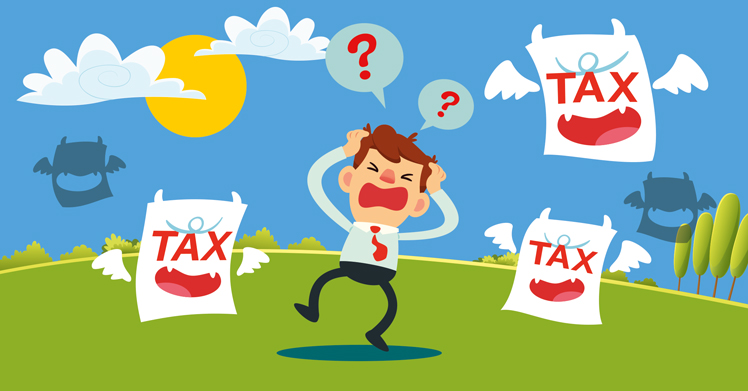While January’s self-assessment tax return date is firmly etched in the minds of most dentists, HMRC’s summer tax liability deadline of 31st July can often go unnoticed despite being equally as important. Paying the due amount can pose cash flow challenges for newly self-employed associates who can sometimes struggle with the financial transition of becoming self-employed, particularly when it comes to planning and managing their tax obligations.
If you are facing a large tax bill in a few days’ time, don’t despair. The following four tips highlight how you can ease the pressure ahead of the July deadline and avoid any unexpected surprises.
Understand payment on account
Anyone with a self-assessment bill of more than £1,000 is required to make payment on accounts, which are essentially a means of paying some of your tax bill in advance. In addition to the 2017/18 liability that you paid by 31stJanuary 2019, you were also required to pay half of your total expected 2018/19 tax bill by the same deadline. Some self-employed dentists therefore typically face a tax bill which is roughly 50% higher than they had been anticipating and sometimes forget that the second instalment of their liability is now due on 31st July 2019.
Don’t try and pay by credit card
Previously up to 800,000 people paid their tax bill by credit card until HMRC withdrew this facility together with those of digital services, such as PayPal and Apple Pay, from January 2018. This was due to a new EU directive, known as Payment Services Directive 2 regulations, which bans all organisations and companies from levying additional commission charges to process payments imposed by credit card companies. Don’t join the 7% of taxpayers who miss the deadline and face a fine for late payment, why not consider alternative sources of funding and spread the cost over time?
Claim everything you’re entitled to
Dental consultancy firm nowbreathe estimates that some dentists pay anywhere from 10 to 35 per cent too much tax by failing to claim all of the tax-deductible expenses they are entitled to. If you are a self-employed dentist, you can claim tax allowances on expenses including professional membership fees and subscriptions, specialist equipment, as well as sales and marketing promotional materials. In addition, you can claim business mileage or fuel, excluding commuting to your normal place of work.
Apply for a short-term business loan
Paying a significant tax bill in one lump sum can place a strain on your finances so spreading the cost could be a more attractive option. Alternative finance providers offer flexible funding solutions for tax bills to enable dentists to preserve cash flow without compromising their existing banking lines. Unsecured loan facilities allow you to pay your liability over a term of six or 12 months to provide peace of mind that your bill is being covered on time.
Stringent financial planning may seem like an unnecessary chore initially. However, by putting off planning around tax many then struggle to find the cash to meet their tax liabilities on time. Specialist accountants and dental-specific financial providers are on hand to ease the pressure of tax season, allowing you to focus on providing a great service to your patients without having to look over your shoulder.
